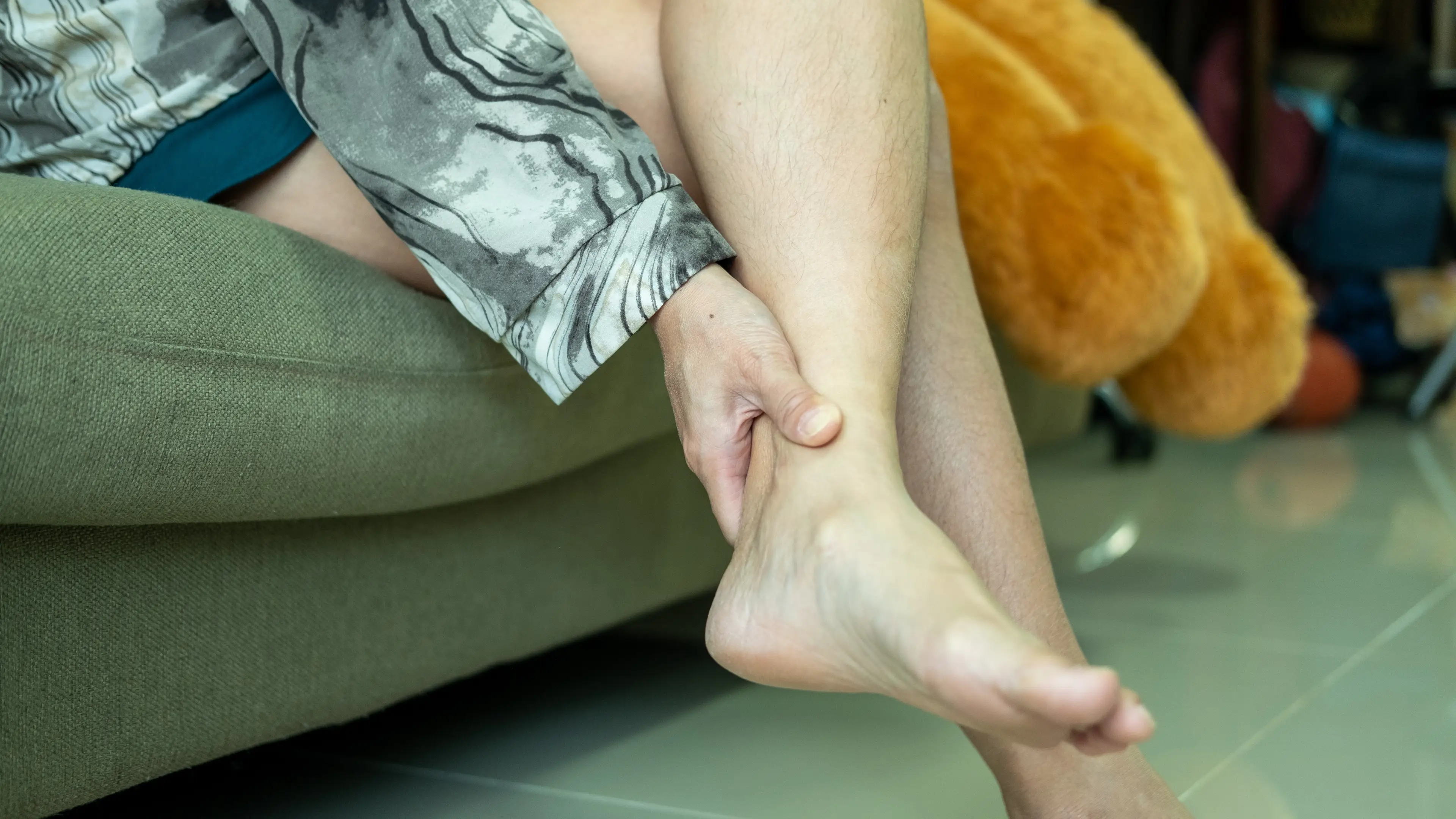
Life
The latest news, health, travel and lifestyle stories from around the world, all in one place.
13 Feb 2026

Suellen Carey has explained how she ended up having a three-month-long relationship with a chatbot
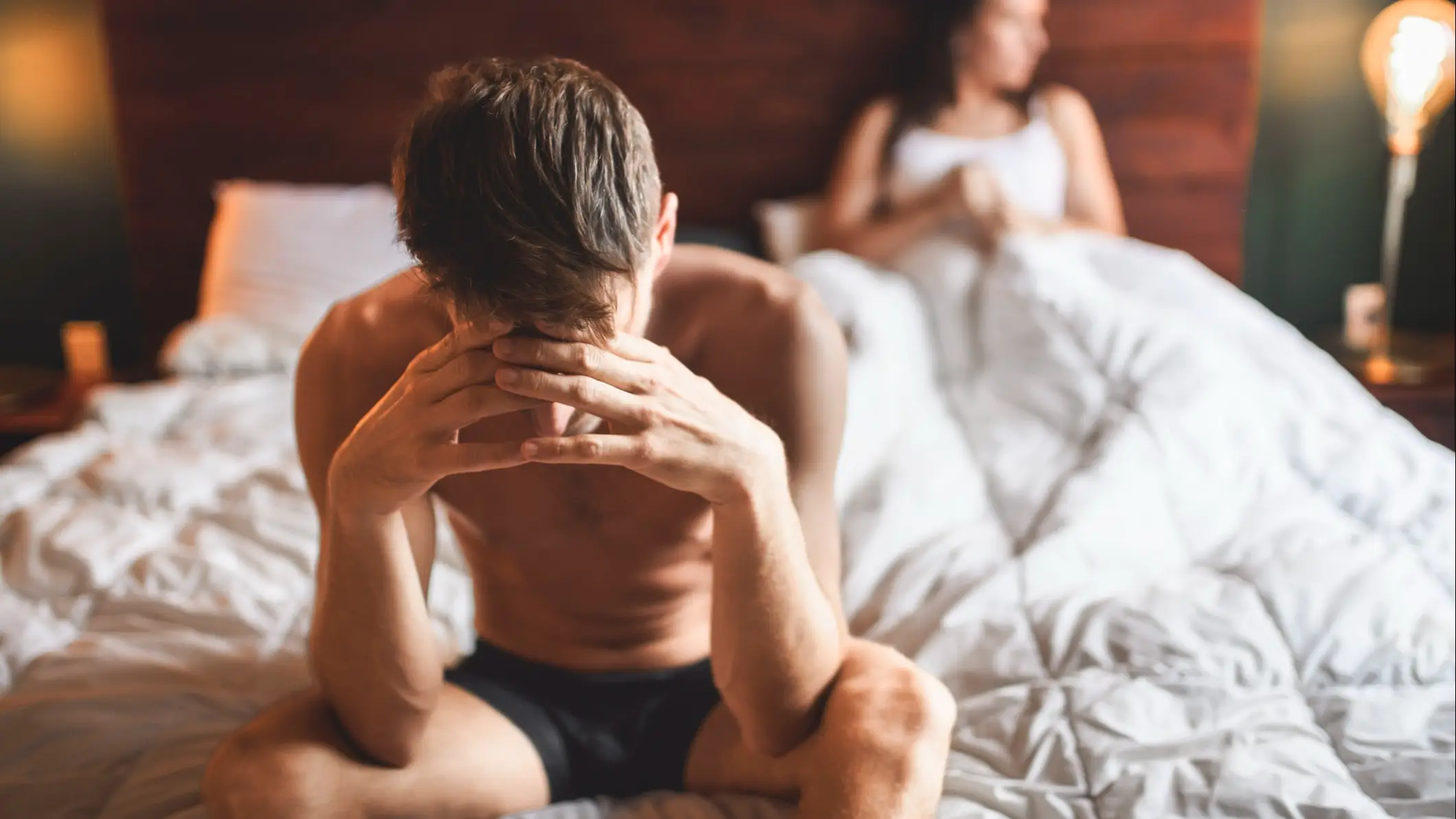
What timing in the bedroom might reveal about overall male health

Recent research has found that one in three young men admits to buying ED meds illegally without a prescription
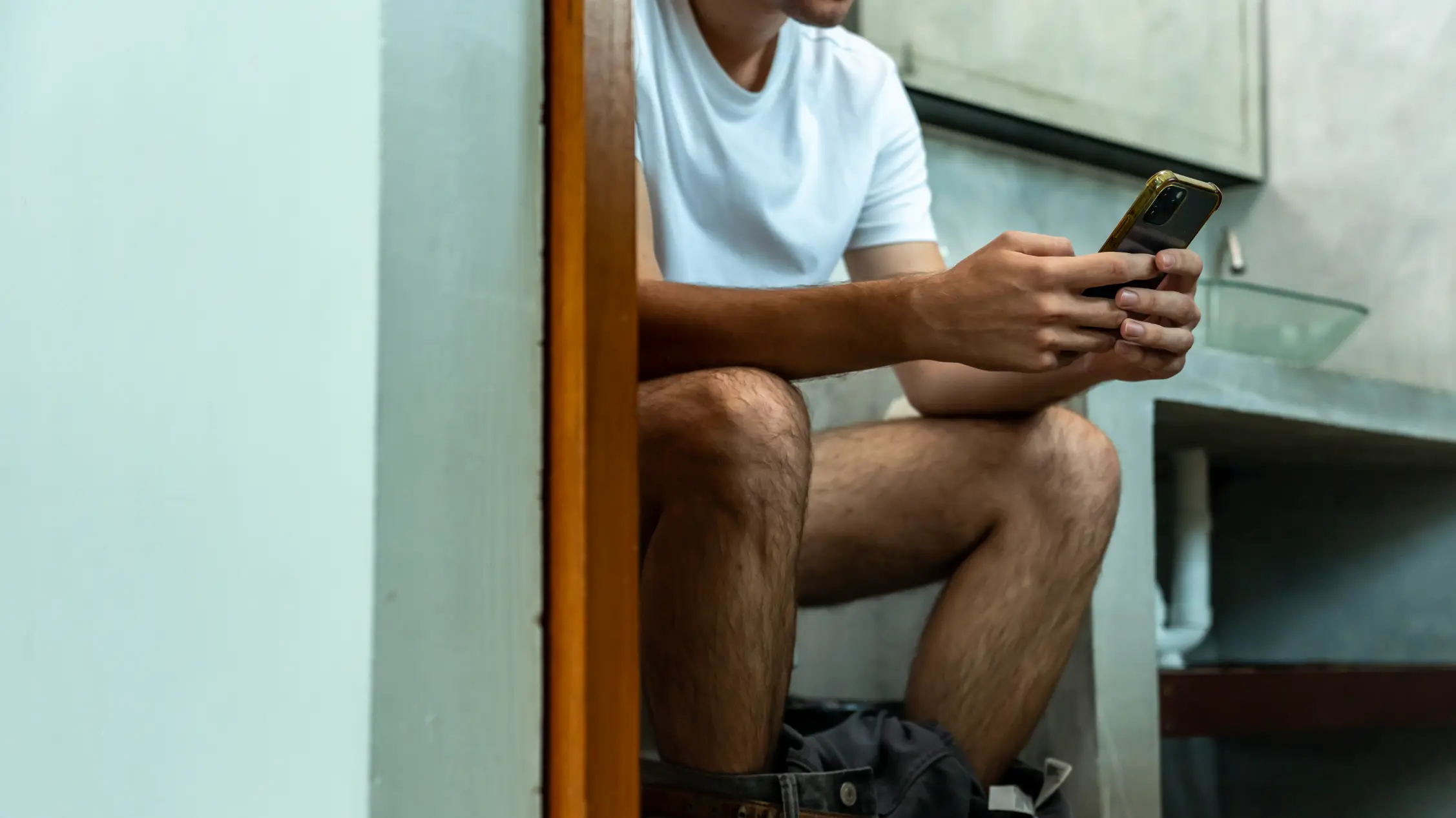
This might just put you off doomscrolling on the toilet...
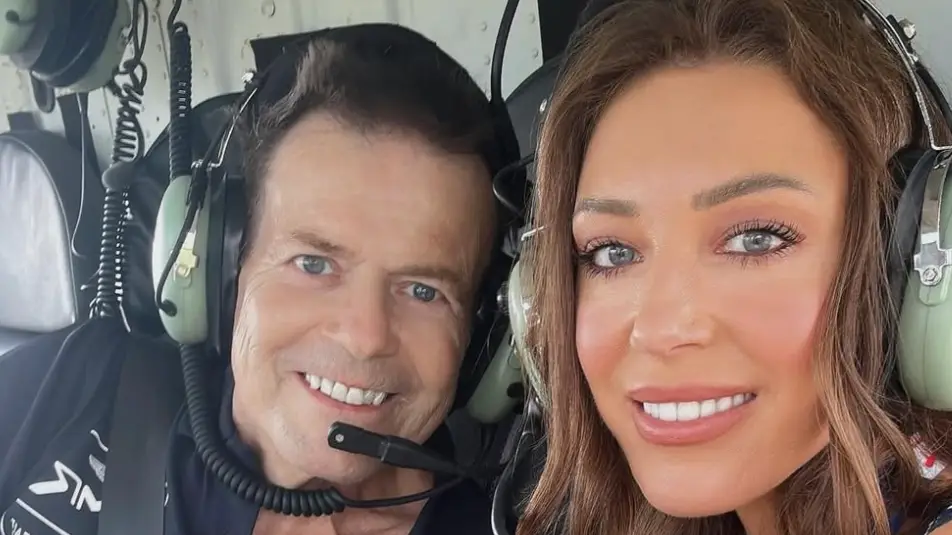
John Andrew died following a nearly three-year battle with adrenal cancer

The UK Department of Health has issued a statement on the matter
12 Feb 2026
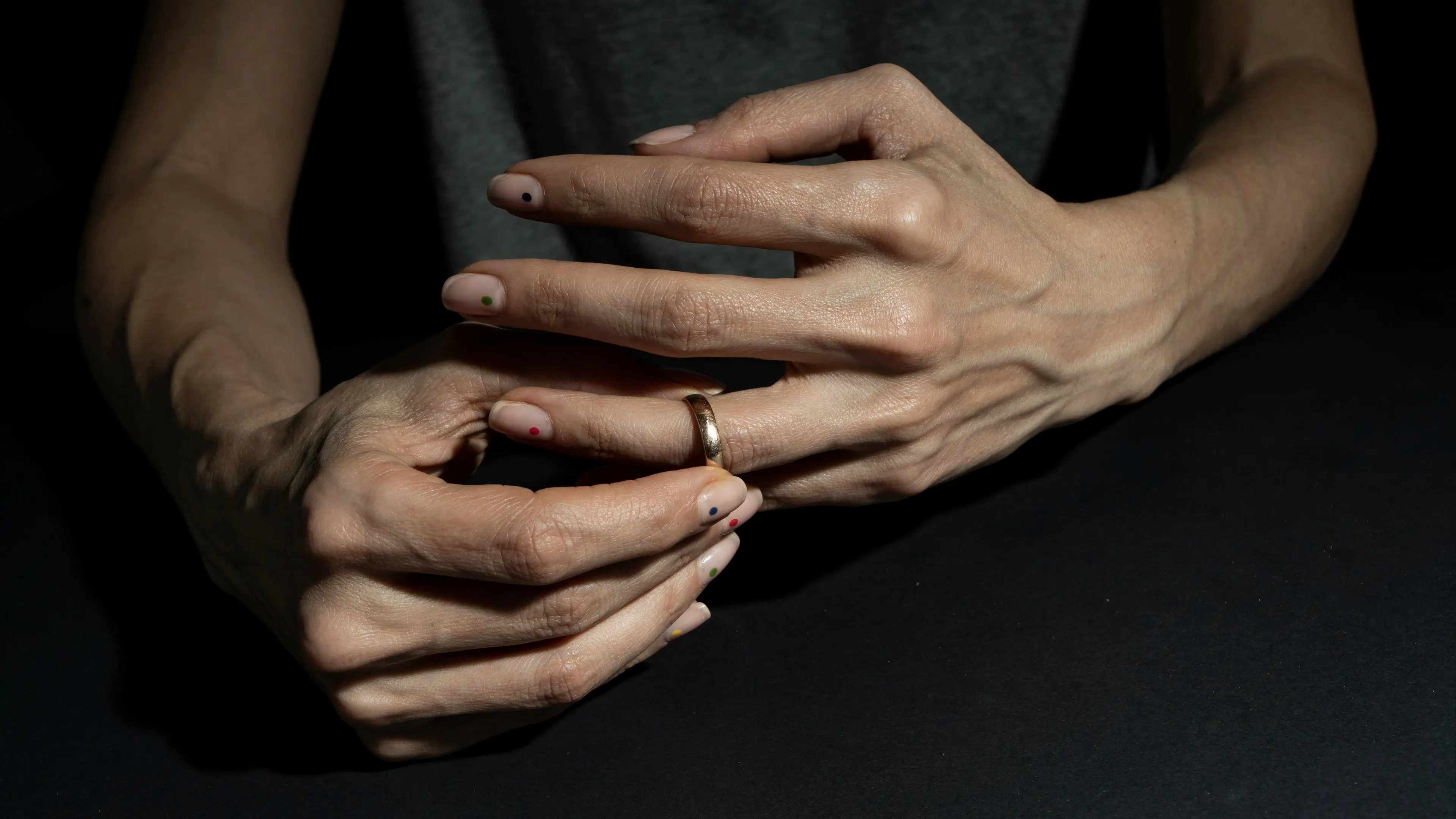
Lucy Stewart-Gould, a top London divorce lawyer, revealed the most likely reasons a married couple might call it a day
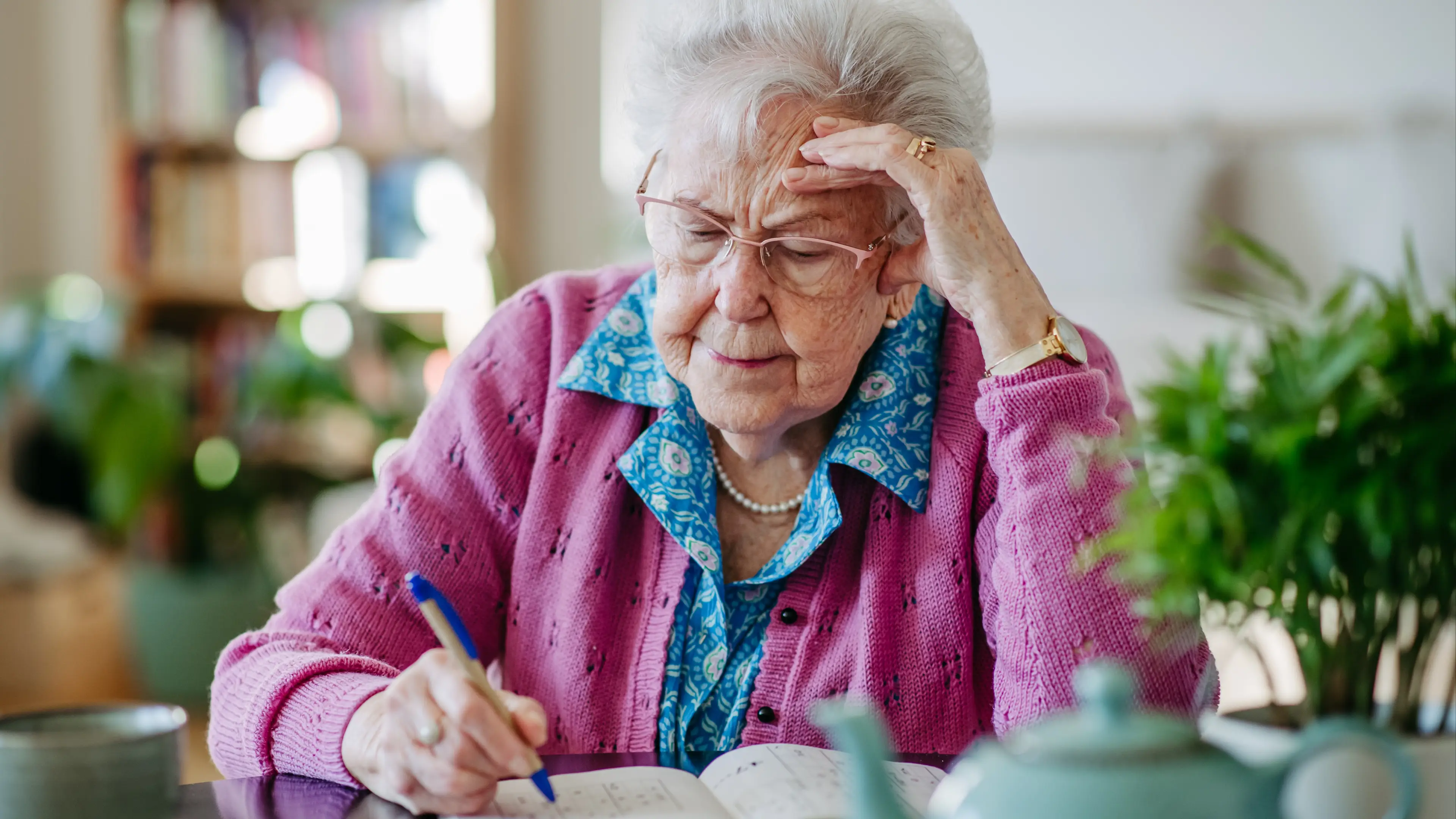
Alzheimer's symptoms appear when parts of the brain start to shrink, affecting both its physical structure and functionality
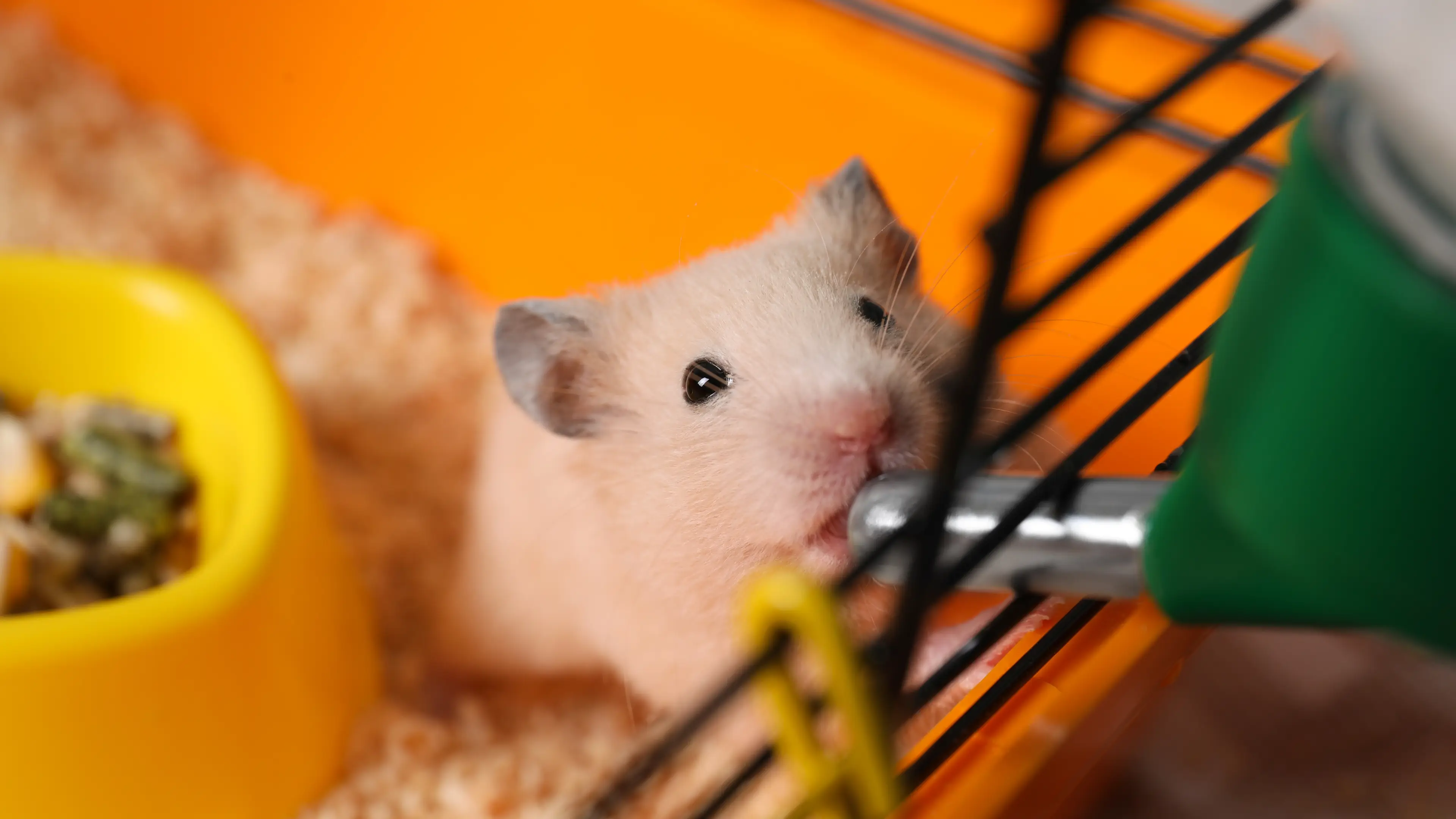

Cardiac arrest patients who were brought back to life have revealed the spine-tingling words they heard

Data has revealed the top 10 baby boy and baby girl names, which are plummeting in popularity at the moment
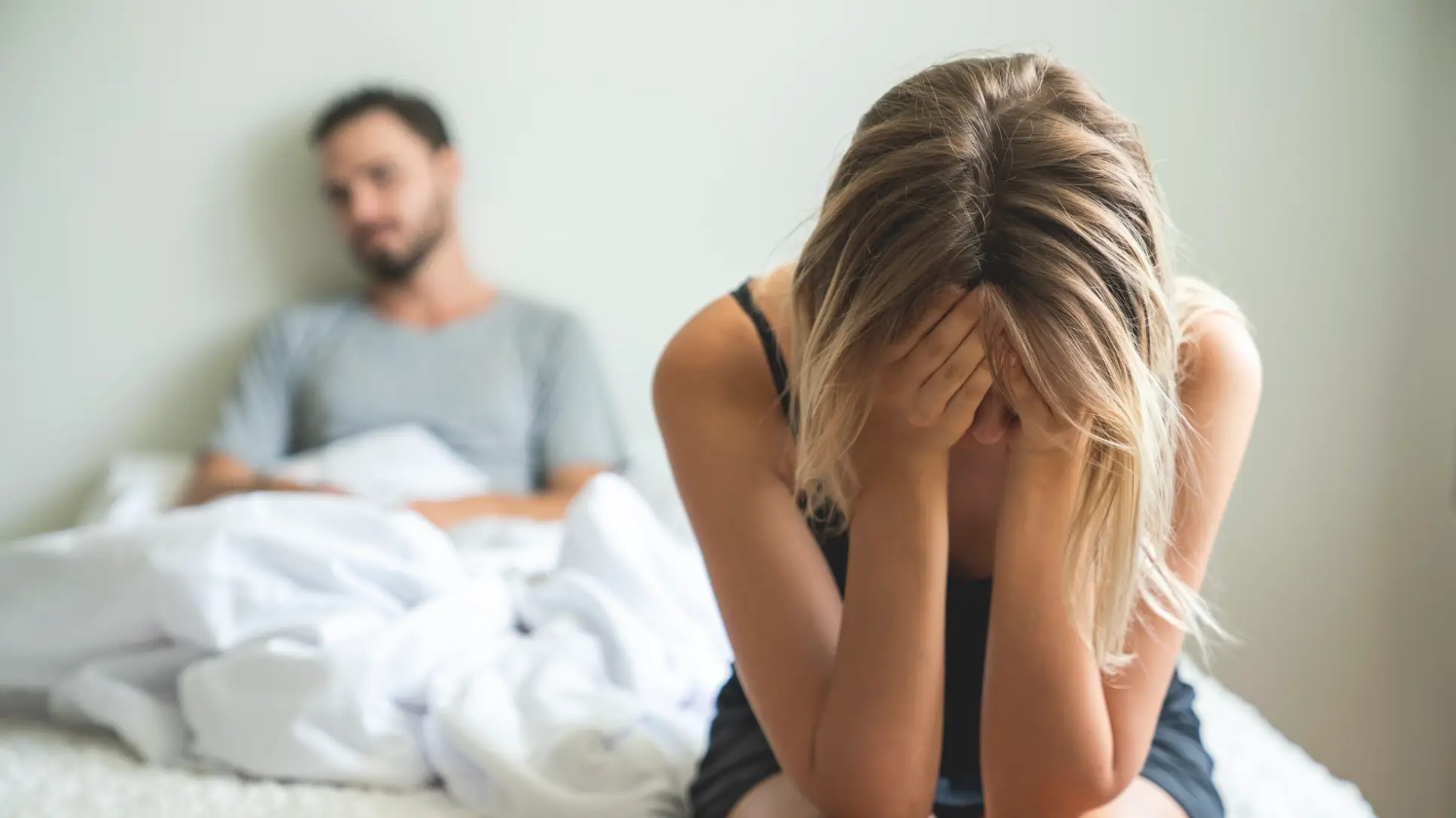
Lovehoney experts last week revealed how long men tend to 'keep it up' between the sheets, according to their age
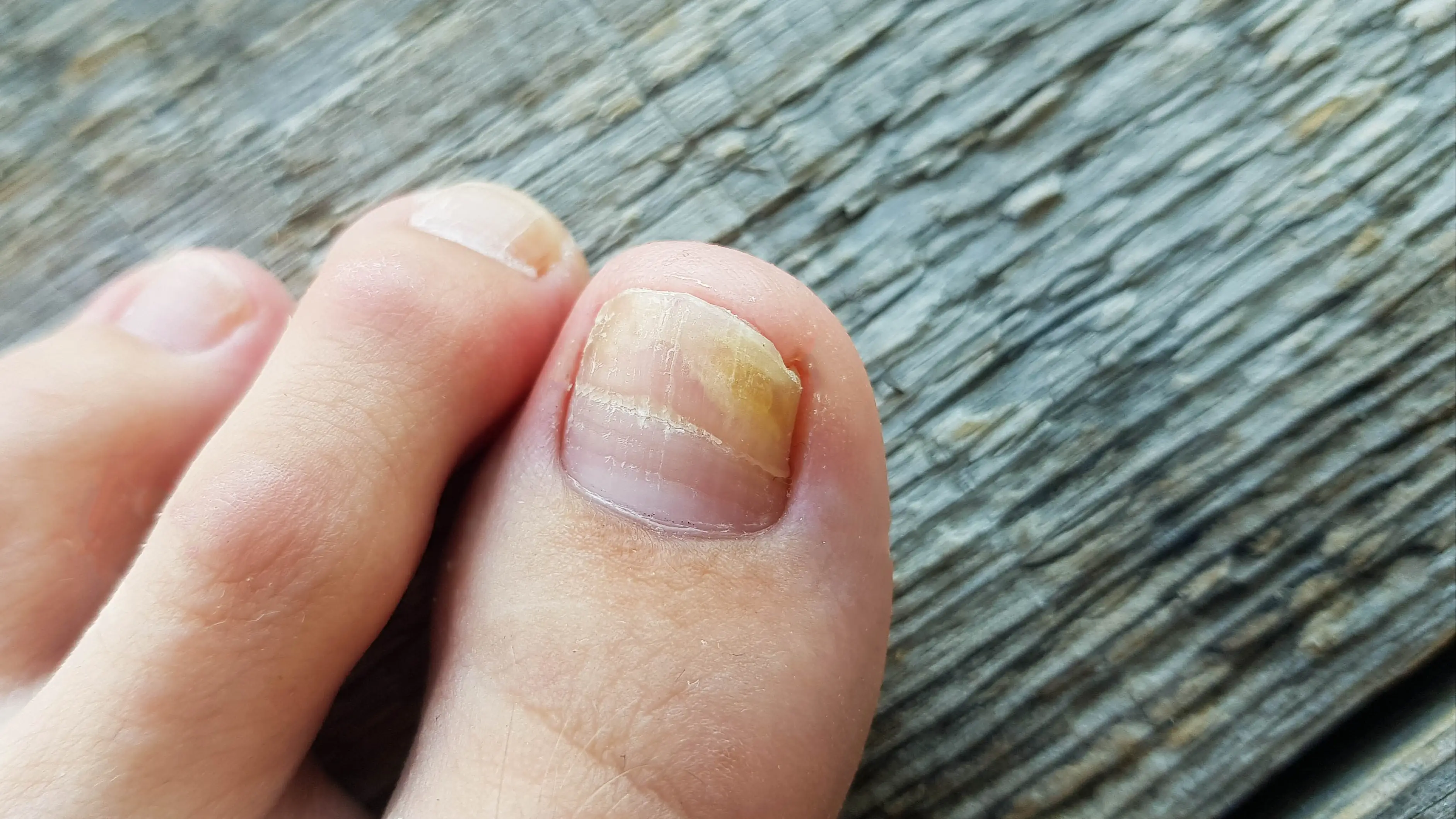
Your toes can tell you a lot about your general health and well-being

Clinical sexologist Dr Ben Davies also shared how to best navigate the issue
11 Feb 2026
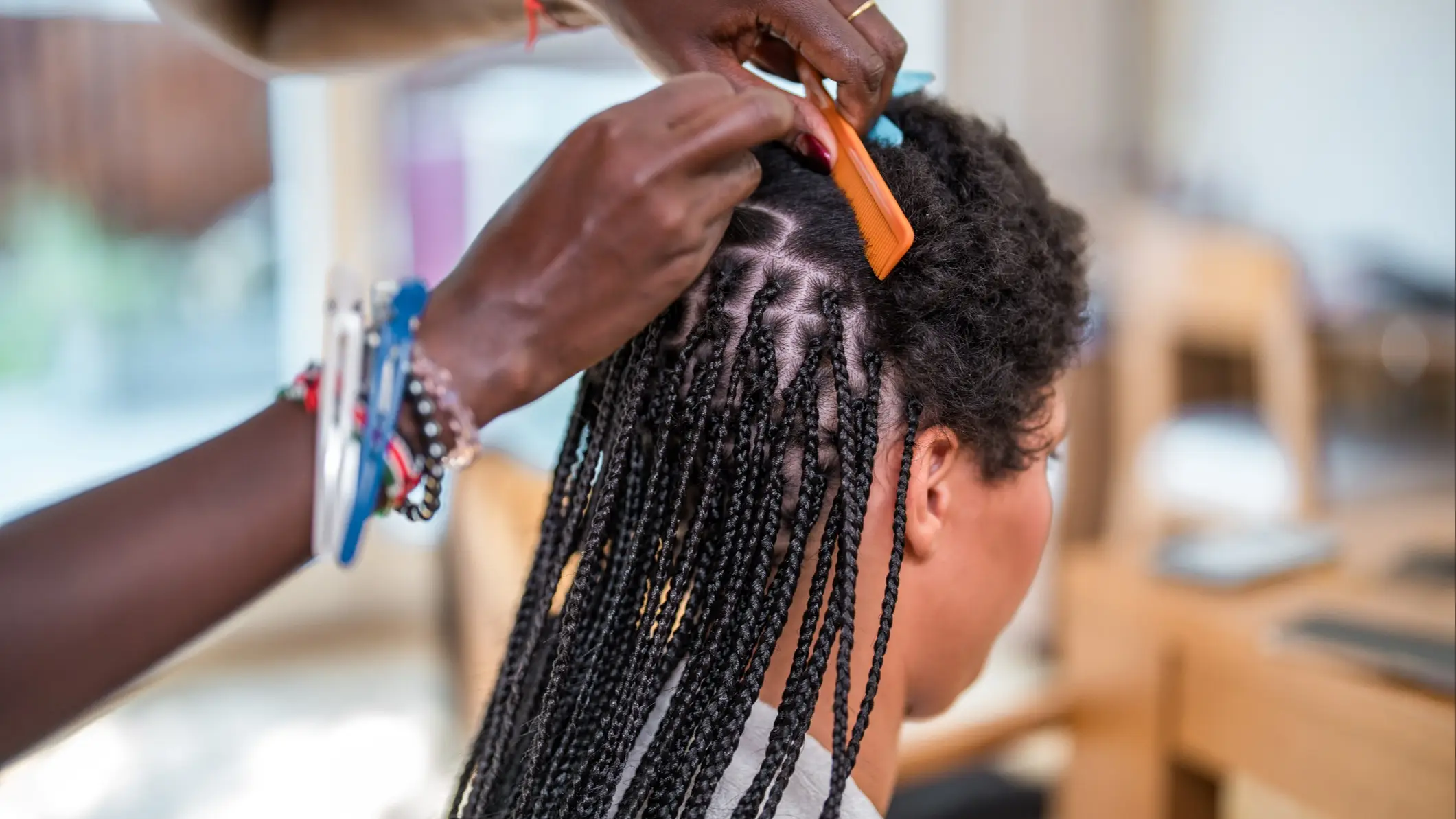
Black women in particular are being 'overexposed' to the risks associated with these products
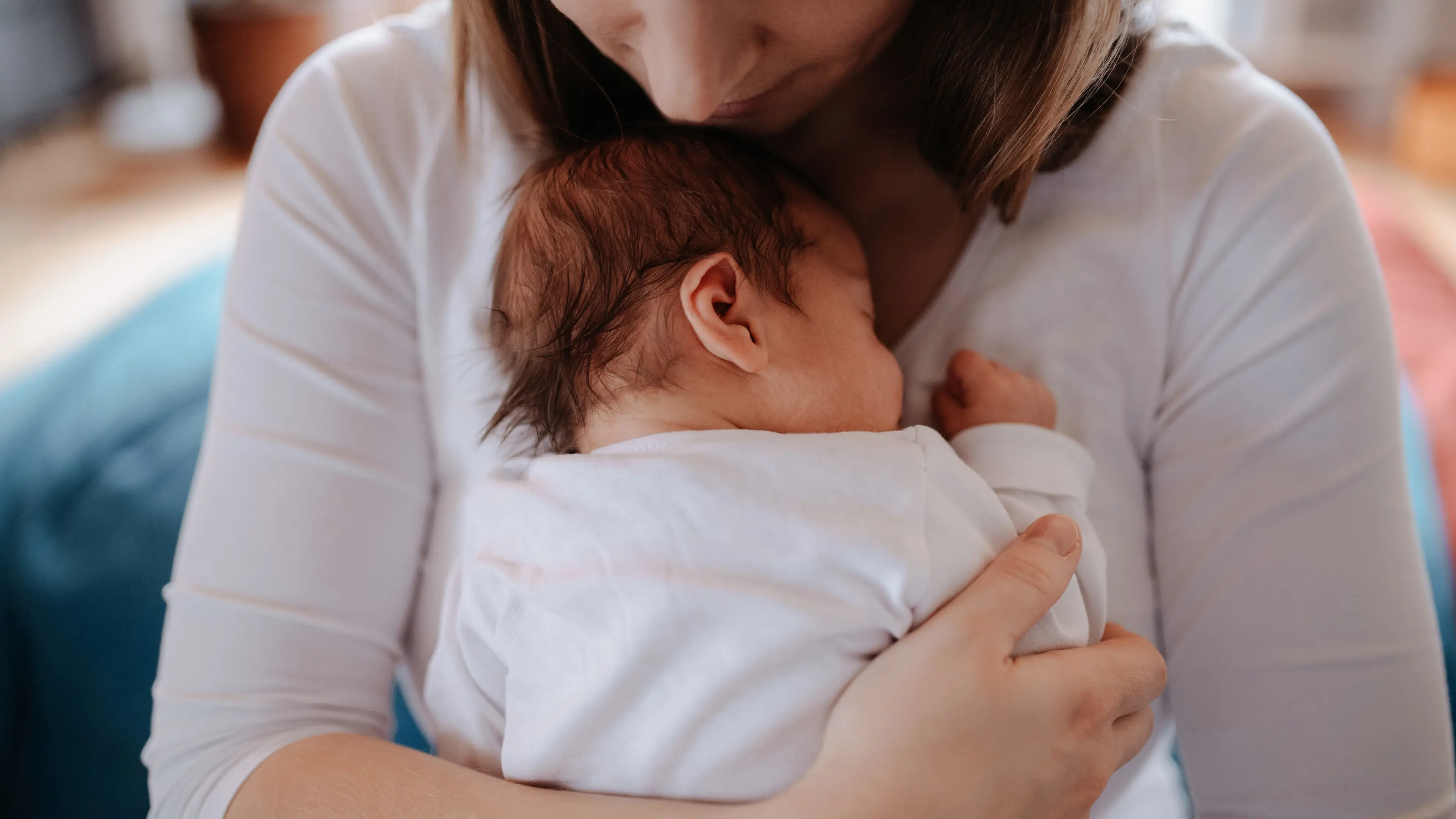
France's Health Minister Stephanie Rist claimed the letters are not to 'dictate whether' women should have children, but to 'educate' them

A study by New York University Langone Health has found a connection between long Covid and symptoms of Alzheimer's disease

The Norwegian biathlete made the emotional admission after winning a bronze medal
10 Feb 2026

Women are flocking to social media to share the 'PSA'
06 Feb 2026

Inspired by Bridgerton and Wuthering Heights, 'Storybooking' is the latest dating trend to take over

The MHRA has issued new guidance on how to respond if your vision becomes affected by weight loss jabs

Joe DeMio has published a new book chronicling his experiences following his life-changing car crash in 2018

Susan Golden, 53, opened up on how vulval cancer is rarely talked about, but is 'painful and can truly alter your life'
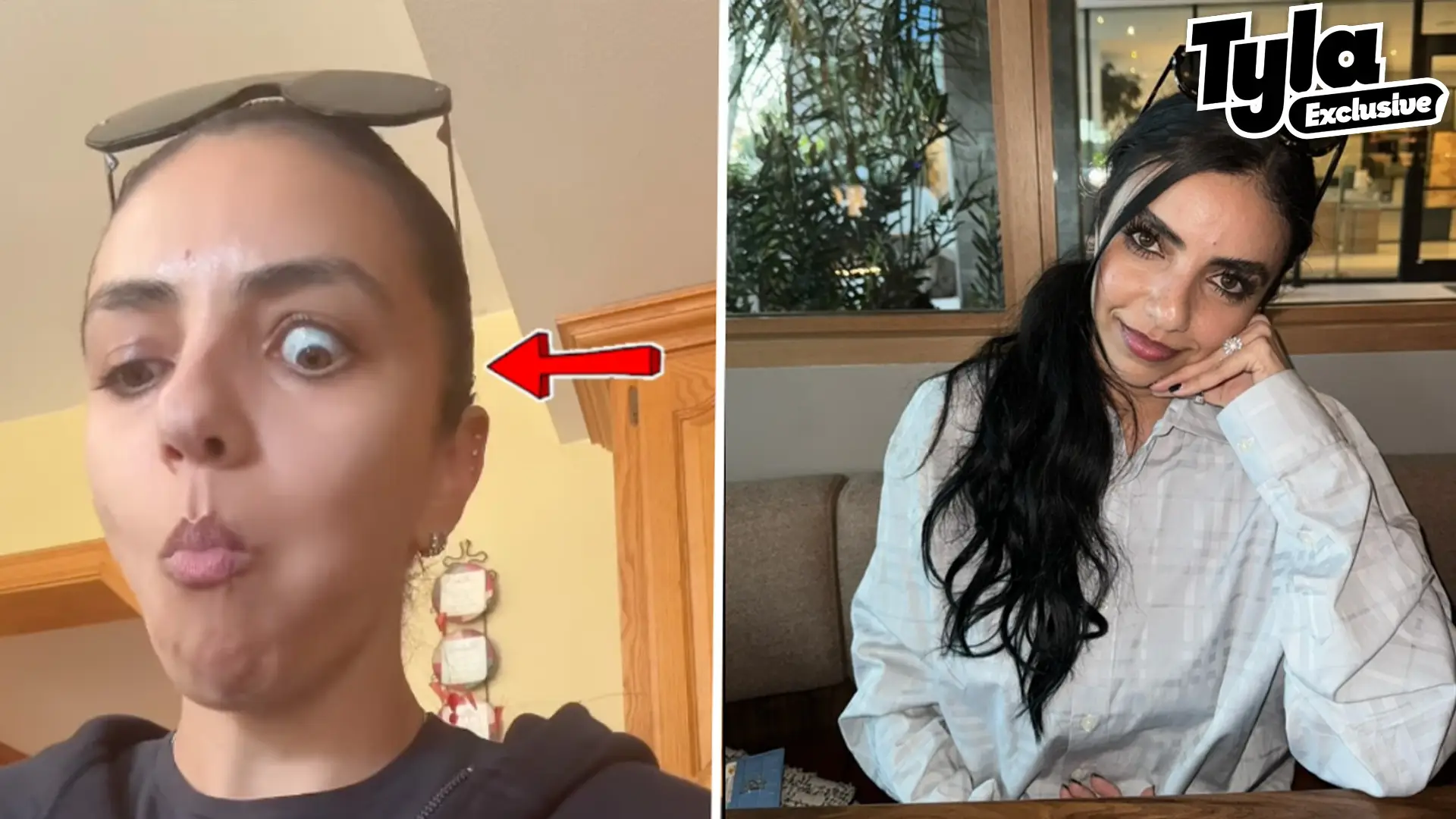
Marion, 35, is trying to raise awareness of the rare condition, after finding out what it was really called via TikTok a few years ago

